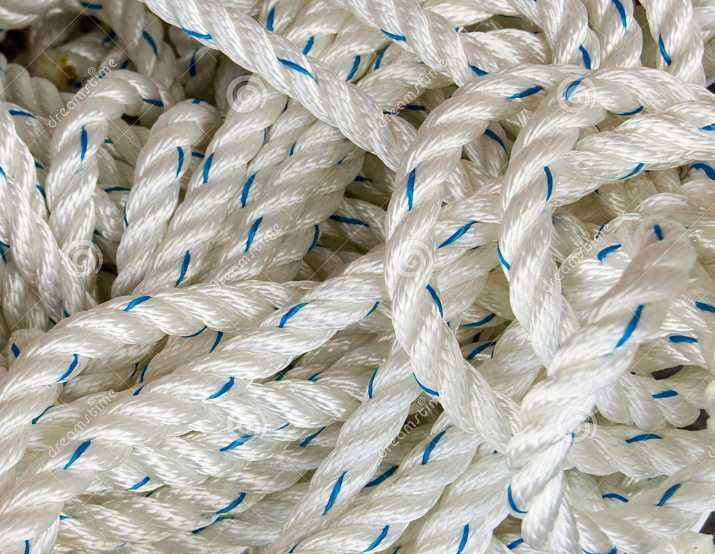chapter18.3--handout
Background Information
斗牛比赛中的术语
作为斗牛迷的海明威在刻画斗牛的过程时几乎是极尽其祥,对于很多的术语(或者说是只有斗牛迷“aficionado”才能看懂的技艺)也是信手拈来。所以今天的背景为大家准备了内容里出现的和斗牛相关的名词来帮助理解哦~
1. Picador
在读原文的时候,很容易混淆的是picador和matador. matador是主斗牛士,比如Belmonte, Romero和Marcial. 而picador则是指“长矛手”(一般是骑在马上然后用长矛刺公牛。这个词来源于西班牙语里的一个动词pricar (来源于拉丁文里的piccare), 相当于英文里的“prick”,表示“刺,戳”。所以长矛手拿的长矛也就是pic啦~

长矛手一般在斗牛比赛的第一阶段上场,负责刺扎公牛的背颈部,使其血管刺破,进行放血,这样可以为斗牛士打开一个下剑的通道。比如今天文章里描述道:
...and a man leaned far over the horse, shot the steel point of the long hickory shaft into the hump of muscle on the bull's shoulder, and pulled his horse sideways as he pivoted on the pic, making a wound, enforcing the iron into the bull's shoulder, making him bleed for Belmonte.
(还有一个人从马背上深深地向前哈腰,把山胡桃木长矛的钢尖扎进公牛肩部的肉峰,然后以长矛为枢轴,把马朝一旁赶,割开一处伤口,把钢尖深深扎入牛的肩部,使它流血,为贝尔蒙蒂再上场做准备。)
2. quite
我们先来看这个词在文章中出现的位置:
His first "quite" was directly below us. The three matadors take the bull in turn after each charge he makes at a picador. Belmonte was the first. Marcial was the second. Then came Romero.
(他第一次出场把公牛引开的表演就在我们座位的下面。公牛每向骑马长矛手发动一次冲击后,三位斗牛士就轮番上去对付公牛。贝尔蒙蒂排在第一位。马西亚尔第二位。最后轮到罗梅罗。)
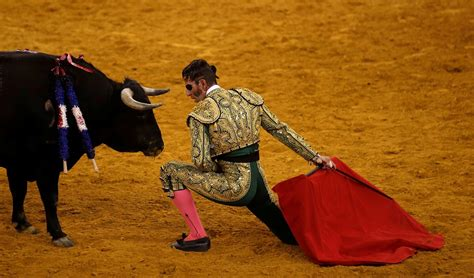
这里的his是指Romero. 而quite这个词,根据海明威在他两部斗牛专书《死在午后》和《危险的夏天》中自己的解释,是由“quitar”派生而来,意为“调离,引走”。也就是把公牛从任何受到他直接威胁的人旁边引开。尤指公牛向长矛手进攻后,手拿红斗篷的斗牛士轮番上阵,将公牛从长矛手和马身边引走(The three matadors take the bull in turn after each charge he makes at a picador).
3. veronica (pass)
veronica和pass是一个意思,指斗牛士静止不动,将斗篷张开,慢慢地引牛擦身而过的一套动作(to slowly swing the cape away from the charging bull while keeping his feet in the same position). 我们来看看原文里的描述:
He made four veronicas like that, and finished with a half-veronica that turned his back on the bull and came away toward the applause...
(他把这套动作做了四遍,最后加上一遍,只做了一半,背朝着牛向鼓掌的方向走去,一只手按在臀部,胳膊上挎着斗篷,公牛瞅着他渐去的背影。)
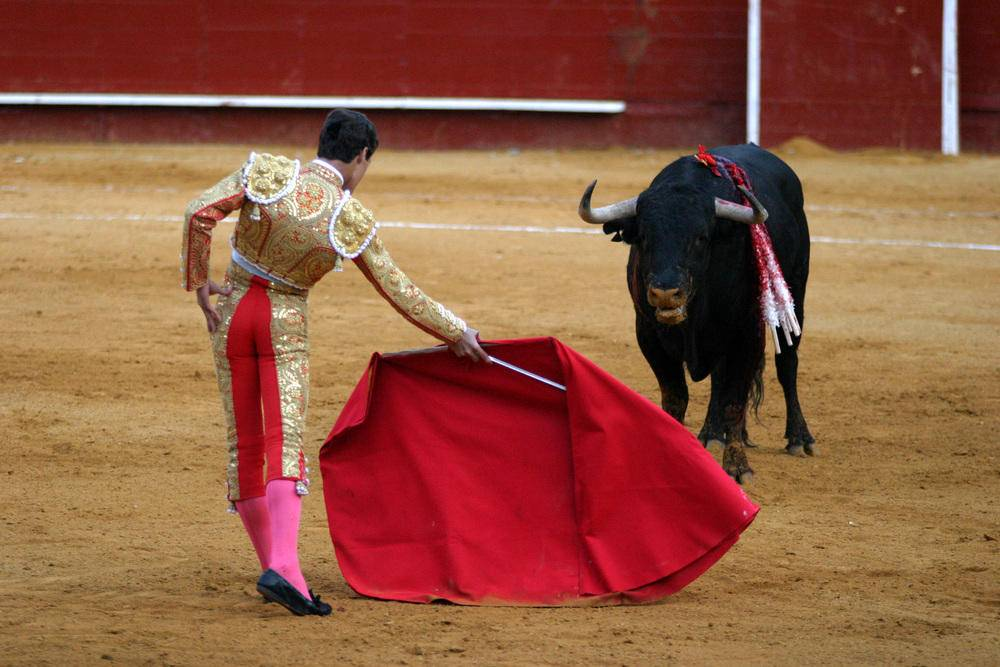
He had to get so close that the bull saw his body, and would start for it, and then shift the bull's charge to the flannel and finish out the pass in the classic manner.
(他不得不靠得那么近,使牛看清他的身躯,向他扑来。然后他把牛的攻击目标引向那块法兰绒巾,以传统的方式结束这一回合。)
这里强调Romero是以“传统”的方式来结束这一回合(pass)是因为Romero对付的这只公牛视力损伤得很厉害,所以他不能向惯常一样用红斗篷来引逗公牛,而是通过自己的身子贴近公牛,最后再及时躲开,把公牛的注意力转移到斗篷上。
4. muleta / cape
在斗牛场上会出现两种斗篷(cape),第一种是斗牛士上场的时候披在身上的斗篷,比如昨天的内容里提到Romero上场前先把身上的斗篷脱下来(Pedro Romero took off his heavy gold-brocaded cape and handed it over the fence to his sword-handler). 另一种其实就是指斗牛士用来引逗公牛的斗篷。这里的cape和muleta的不同之处在于,cape一面是品红色(magenta),一面是黄色或蓝色,而muleta则是两面都是红色。

在使用区别上,cape一般用在前面,而有的斗牛士会在最后的阶段把cape换成muleta. 这两个词今天的内容里也同时出现了:
With the bull who could not see the colors of the capes, or the scarlet flannel of the muleta, Romero had to make the bull consent with his body.
(碰上这头既看不清斗篷的颜色,又看不到那块猩红法兰绒巾的公牛,罗梅罗只好以自己的身体同它保持协调。)
Vocabulary
pivot
v. 以... 为支点(If something pivots, it balances or turns on a central point.
原文:...and pulled his horse sideways as he pivoted on the pic...
然后以长矛为支点,将坐骑拨转到一边……
短语:pivot on/around sth 表示“围绕(主旨);以…为核心”
比如:This business deal pivots on whether or not we arewilling to change the name of our product.
这场交易围绕我们是否愿意改变产品名称展开。
pivot做名词是有“中心、核心“的意思,比如:West Africa was the pivot of the cocoa trade.
西非是可可豆贸易的中心。
consent
v. 协调、一致(to agree to sth or give your permission for sth)
原文:Romero had to make the bull consent with his body.
罗梅罗只能用自己的血肉之躯跟它相互协调。
consent 原义是指“同意、赞同”这里引申为“相互协调”。consent 还可以作名词,表示“同意、准许” 。比如: Children under 16 cannot give consent to medical treatment.
16岁以下的儿童不得自行同意接受治疗。
Crush Your Problems

Things were not the same and now life only came in flashes.
事过境迁,现在生命只能闪现出星星点点的火花了。
💧表达精讲
life only came in flashes “生命只能闪现出星星点点的火花了”; flash 表示“闪光、闪现”,一般强调时间很短暂,比如“昙花一现”就是a flash in the pan.
这里指的是曾经拥有高超技艺的Belmonte水平已经不复从前,他出于健康问题在斗牛时已经变得保守,所以不再大放光彩,只能偶尔有技艺惊叹之处(后面会提到这种出彩之处其实也是大打折扣的)。


He had flashes of the old greatness with his bulls, / but they were not of value / because he haddiscounted them in advance / when he had picked the bulls out / for their safety, / getting out of a motor / and leaning on a fence, / looking over at the herd / on the ranch of his friend the bull-breeder.
他还有几分旧时斗牛的风采,但是已经毫无价值,因为当他走下汽车,倚在一位养牛朋友的牧场围栏上审视牛群,挑选几头温顺的公牛时,事先就已经使他的风采打了折扣。
💧表达精讲
①flashes of the old greatness with his bulls “几分旧时斗牛的风采”,flashes也就是我们在上面提到的“闪光,火花”,这里依旧强调他的风采已经大不如前,只是偶尔才有闪现;
②they were not of value 指“他的这几分风采已毫无价值”,这里的they(和下文的them)指代的都是上文的flashes of the old greatness.
②he had discounted them in advance “事先就已经使他的风采打了折扣”;discount我们知道是“把……打折,减价出售”的意思,这里引申为“忽视,降低……的价值”(to underestimate the significance of sth), 比如:Experts discounted the accuracy of the polls.(专家对这次民意调查的准确性不以为然。)
这句话可以理解为Belmonte事先就已经不那么在意自己是否能有当年的风采了,所以他做了接下来要提到的这件事(也令他的风采大打折扣)↓
③when he had picked the bulls out for their safety “因为(既然)他只挑选温顺的公牛”,when在这里引导原因状语从句,相当于since或now that. for their safety指“因为这些公牛都很安全,没有危险性”;
斗牛的精彩之处就在于斗牛士和公牛的周旋博弈,所以选择温顺的公牛也就意味着表演的刺激性一定会大大降低。
③getting on...leaning on...looking over... 这一串非谓语动词作为he的伴随主语,补充说明Belmonte当时在挑选公牛的情形。


The picador, / his hat down over his eyes, / the shaft of his pic angling sharply toward the bull, / kicked in the spurs / and held them / and with the reins in his left hand walked the horse forward / toward the bull.
长矛手把帽子压在眼眉上,调转长矛直指着公牛,用靴刺夹住了马腹,左手握着缰绳,驱马向公牛赶去。
💧句式拆解
①这个句子的主句部分是The picadar kicked...and held... and...walked...
②down...,angling...形容长矛手的状态。
💧表达精讲
①这里的pic与picador都来源于西班牙语词,pic指“长矛”,picador着“长矛手”;
②angle 作动词是表示“倾斜”,sharply原义是指“锋利地、尖锐地”,这里引申为“突然地、径直地”;
③spur 意为“马刺”,kick in the spur “踢马刺”是用来鞭策马的行为。rein 是指“缰绳”;
spur 可以用作动词,表示“鼓励、激励“,比如:Criticism can be of great use; we may not like it at the time, but it can spur us on to greater things.
批评可能会很有用; 我们当时可能不喜欢它,但它能激励我们获取更大成功。
rein 也可以作动词,表示“驾驭、控制“,比如:We need to rein back public spending.
我们需要严格控制公共开销;
④walk 做动词讲时表示“驱赶(动物)”,也可以指牵、遛,比如:walk the dog.


The dampened, mud-weighted cape swung open and full as a sail fills, and Romero pivoted with it just ahead of the bull.
湿润的、蘸着泥沙而加重了分量的斗篷呼地张开,犹如鼓着风的满帆,罗梅罗就当着牛的面张着斗篷就地转动身子。
💧表达精讲
①weigh的原义是指“负重”,mud-weighed 指“蘸满泥沙的”;
②full as a sail fills 将 open cape(张开的斗篷)比喻成 “鼓起的满帆”;
③pivot with 指“以…为轴旋转”,罗梅罗以斗篷为中心旋转,就是“张着斗篷转动身子”的意思。


Each time he let the bull pass / so close / that the man and the bull and the cape / that filled and pivoted ahead of the bull / were all one sharply etched mass.
每次他让牛极近地擦过身边,以至于人、牛和在牛面前鼓着风旋转着的斗篷成为一组轮廓鲜明的群像。
💧表达精讲
这里的sharply 引申为“明显地、鲜明地”。etch 作动词时,表示“蚀刻、铭记”。这里的sharply etched引申为“轮廓鲜明的。


Out in the centre of the ring, all alone, / Romero was going on with the same thing, / getting so close that the bull could see him plainly, / offering the body, offering it again a little closer, / the bull watching dully, / then so close that the bull thought he had him, / offering again and finally drawing the charge and then, just before the horns came, / giving the bull the red cloth to follow / with that little, almost imperceptible, jerk / that so offended the critical judgment of the Biarritz bull-fight experts.
在斗牛场正中,只有罗梅罗一个人,他还在表演着那套动作,他靠得那么近,让牛可以看得很清楚,他把身子凑上去,再凑近一点儿,牛还是呆呆地望着,等到近得使牛认为可以够得着他了,再把身子迎上去,最后逗引牛扑过来,接着,等牛角快触及他的时候,他轻轻地、几乎不被人察觉地一抖红巾,牛就随着过去了,这动作激起了比亚里茨斗牛行家们的一阵尖刻的非难。
💧句式拆解
①这个句子的主干部分是Romero was going on with the same thing. 这里的非谓语动词getting...offering...giving...都是用来补充说明Romero表演的一系列动作,主语都是Romero. getting so close that...then so close that 是一个并列结构;
②the bull watching dully 是一个独立主格结构,它的逻辑主语是the bull,后面直接跟一个现在分词形式,表示主动的状态;
③ 最后一小句是由that 引导的定语从句,修饰jerk(突然的抖动)。jerk还可以作动词,表示“急拉、猛推”,比如:She jerked her head up.
她猛然抬起头来。


Out in the centre of the ring Romero profiled in front of the bull, drew the sword out from the folds of the muleta, rose on his toes, and sighted along the blade.
在斗牛场中央,罗梅罗半面朝着我们,面对着公牛,从红巾褶缝里抽出短剑,踮起脚,目光顺着剑刃朝下瞄准。
💧表达精讲
①profile 原义是指“侧面”,这里是指Romero在公牛面前展示出侧面的轮廓,就是“半面朝着我们, 面对着公牛”的意思;
②draw the sword 是指“拔剑、开战”的意思;
③fold 作名词时是“褶皱”的意思,muleta是指斗牛用的红巾;
④rise on the toes 是指“踮起脚尖,也可以用stand on tiptoes.
比如:She leaned her bike against the stone wall and stood on tiptoe to peer over it.
她把自行车斜靠在石墙上,踮起脚往墙内张望。
⑤sight 做动词指“看见、瞄准” ,sight along the blade.(沿着剑刃看)就是“目光顺着剑刃瞄准” 的意思。比如:After twelve days at sea, they sighted land.
在海上航行十二天后他们看到了陆地。


...and for just an instant he and the bull were one, Romero way out over the bull, the right arm extended high up to where the hilt of the sword had gone in between the bull's shoulders.
很快地,罗梅罗和公牛就合而为一了。罗梅罗耸立在公牛的上方,右臂高高伸起,伸到剑柄插在牛两肩之间的位置上。
💧句式拆解
he and the bull were one 是这个句子的主句,Romero way out over the bull 和 the right arm extended high up to where... 可以看成是对前面的主句进行补充说明;
💧表达精讲
①way out over 高高地在…上方
②extended high up 被举得高高的(the right arm和extended在这里是被动关系)


All the concentration of the awkwardly delicate working / with the bull / that could not see well / brought it out.
同这头视力不佳的公牛棘手地细心周旋时,精神的高度集中使他的伤痕暴露无遗。
💧句式拆解
①这里的it 指的是上面提到的Romero 的伤痕(hurt). bring out 表示“展现、呈现”的意思;
例如:He is totally dedicated and brings out the best in his pupils.
他全身心地投入,最大限度地激发学生的潜能;
②这里的working with 指的是斗牛过程中与牛的周旋。
Content Analysis
昨天的内容里,三位斗牛士中Belmonte第一个上场,虽然他曾经辉煌一时,但这次复出明显风光不再。而他也因为身体状况不佳,同时刻意在比赛前挑选了较为温顺的公牛(So he had two small, manageable bulls without much horns), 导致表演的刺激性和观赏性都大打折扣。他自己也失去了全力投身斗牛的那种热情,心里装满苦水,表面上又是一副满不在乎的样子——
💧Clue 1:Belmonte becomes bitter and indifferent in the ring.
Evidence 1:Belmonte was no longer well enough. He no longer had his greatest moments in the bull-ring. He was not sure that there were any great moments.
贝尔蒙蒂已经体力不支了。他在斗牛场显赫一时的高潮已经过去。他觉得这种高潮大概不会再有了。
Evidence 2:It was the greatness, but it did not make bull-fighting wonderful to him any more.
这的确是当年的那种风采,但是再也不能使他在斗牛中得到乐趣了。
这种对于生活失去热情的无力感正好也是其他角色们作为“迷惘的一代”的典型特征,从激烈高昂的战争生活中退下来后,他们要同时面对生活的枯燥无趣和在战斗中遗留下来的身体和心理伤害,这种落差造成了他们只能逃避麻醉,虚无度日。但Romero则完全是对立面的存在,他对斗牛有着炽烈而纯粹的热。尤其在今天的内容里,我们看到了他勇敢、自信、坚定的一面——
💧Clue 2:Romero is all brave, confident and determined.
Evidence 1: Because he did not look up to ask if it pleased he did it all for himself inside, and it strengthened him, and yet he did it for her, too. But he did not do it for her at any loss to himself. He gained by it all through the afternoon.
因为他没有抬头用目光探询对方是否满意,所以一门心思地为自己而表演,这给了他力量,然而他这样做也是为了她。但是并没有为了她而有损于自己。那天整个下午他因此而占了上风。
Evidence 2: It was a good bull, a big bull, and with horns, and it turned and recharged easily and surely. He was what Romero wanted in bulls.
这是一头好牛,一头身躯庞大的牛,犄角锐利,不论转身还是袭击都很灵活、很准确。它正是罗梅罗向往的那种牛。
Romero先是特意在Brett面前表演自己的高超技艺,其专注也丝毫没有因为顾及取悦Brett而减弱,这里也暗示了在他和Brett的关系中,他似乎能够完美地进行“掌控”。在接下来的比赛中,尽管Romero遇上了一头视力很不好的公牛,他也毫不慌张,而是采取了贴身肉搏的方式来引逗公牛的注意力,随后再迅速抽身而退,转而用红布来控制。
在对公牛的选择和喜好上,Romero也和Belmonte截然不同。Belmonte偏好的是个头小、并且易于掌控的公牛(small and manageable), 而Romero则喜欢庞大并且行动灵活的,这种牛可以激起他的征服欲,并且他也有足够的胆量和信心与之相斗。
另外这头牛正好就是将一个无辜男子至于死命的那个罪魁祸首(It was the bull that had sprinted out and killed the man in the morning running), Jake在前文已经透露这头牛由Romero所刺死,割下来的牛耳还送给了Brett. 在明天的内容里我们会再看到这场斗争的具体细节。
Today's Bonus
💧Materials of Clothing 服装面料
我们今天的内容中出现了the scarlet flannel of the muleta(猩红色法兰绒巾),flannel(法兰绒)是一种服装面料, 这个词是外来语,是一种用粗梳(棉)毛纱织制的柔软而有绒面的(棉)毛织物。于18世纪创制于英国的威尔士(Wales)。
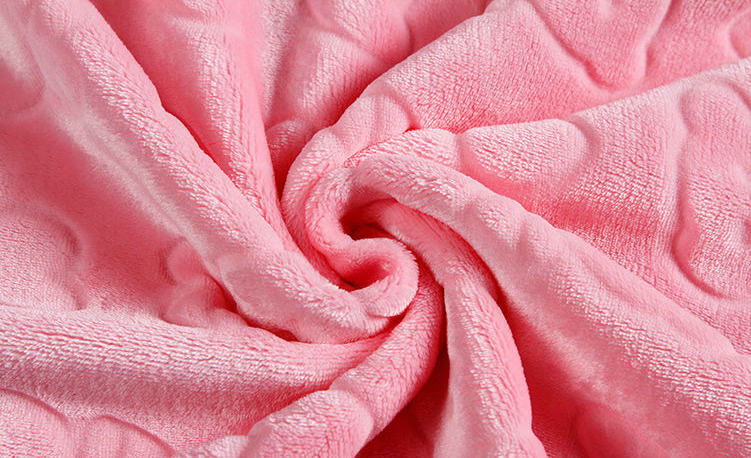
我们的衣服上都有介绍面料成分的标签,今天我们就一起来看一下那些成分的英文书写都指的是什么吧~
1. C: Cotton 棉
纤维供纺织及絮衣被用。用棉制作的各种棉型织物就是指以棉纱或棉与棉型化纤混纺纱线织成的织品。
例句:Bales of cotton were piled up in the warehouse.
大捆大捆的棉花堆积在仓库里。
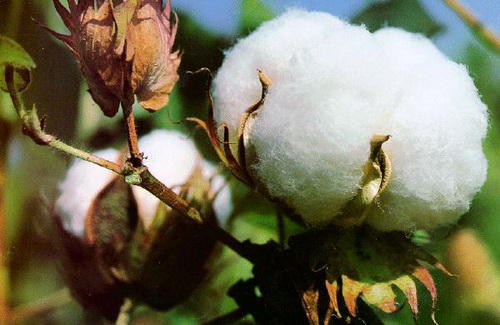
2. W: Wool 羊毛
主要由蛋白质组成。人类利用羊毛可追溯到新石器时代,由中亚向地中海和世界其他地区传播,遂成为亚欧的主要纺织原料。
例句:Wool usually damages if washed in hot water.
羊毛用热水洗往往会受到损伤。
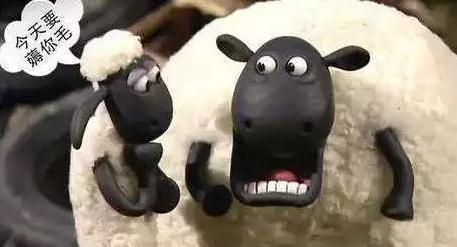
3. WS: Cashmere 羊绒
生长在山羊外表皮层,掩在山羊粗毛根部的一层薄薄的细绒,入冬寒冷时长出,抵御风寒,开春转暖后脱落,自然适应气候,属于稀有的特种动物纤维。
比如:a big, soft cashmere sweater
一件又宽大又柔软的开士米羊绒衫。
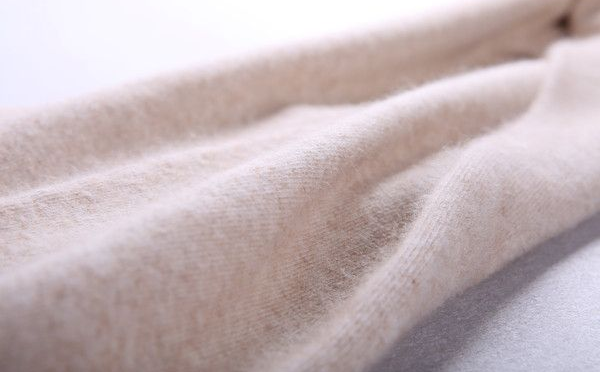
4. M: Mohair 马海毛
指安哥拉山羊身上的被毛,又称安哥拉山羊毛。得名于土耳其语,意为“最好的毛”。弹性好,耐压,有特殊光泽。
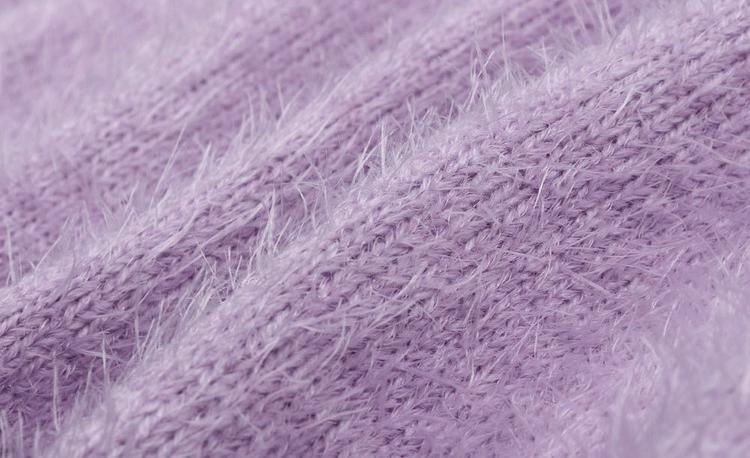
5. RH: Rabbit hair 兔毛
家兔毛和野兔毛的统称。 纺织用兔毛产自安哥例句拉兔和家兔,其中以安哥拉兔毛的质量为最好,很柔软。
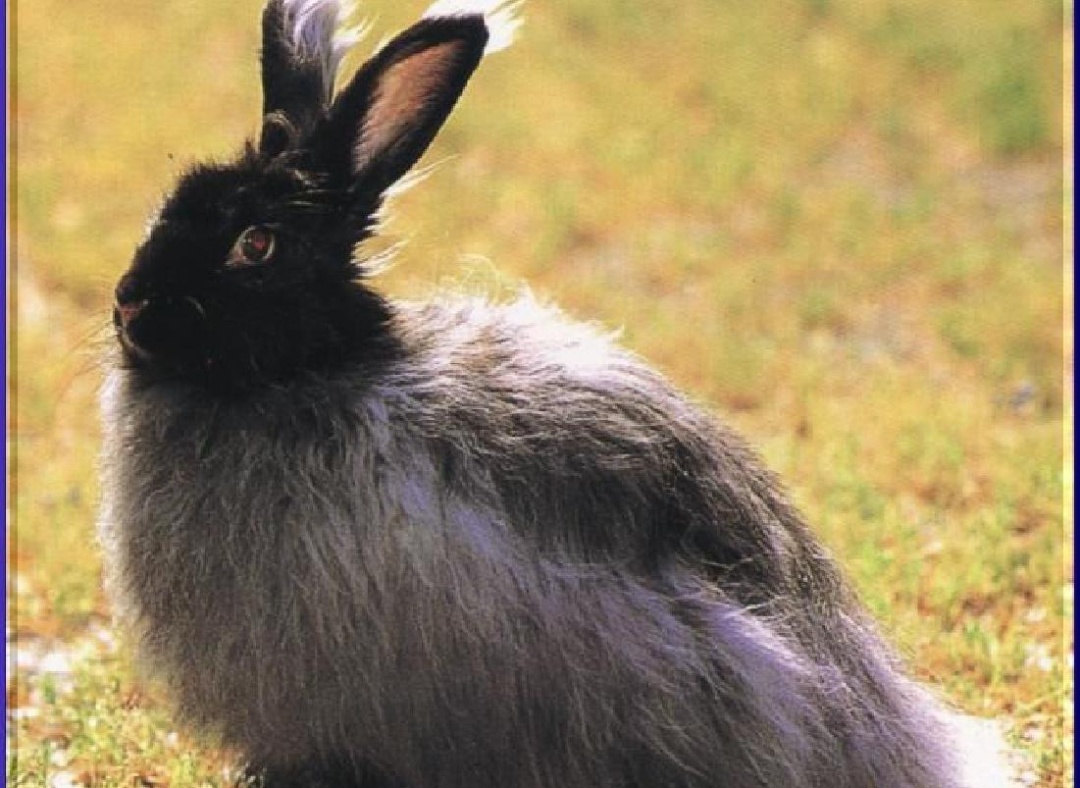
6. S: Silk 真丝
真丝一般指蚕丝。真丝被称为“纤维皇后”,以其独特的魅力受到古往今来的人的青睐。
比如:Pauline wore a silk dress with a strand of pearls.
保利娜穿了一条带有一串珍珠的丝绸连衣裙。
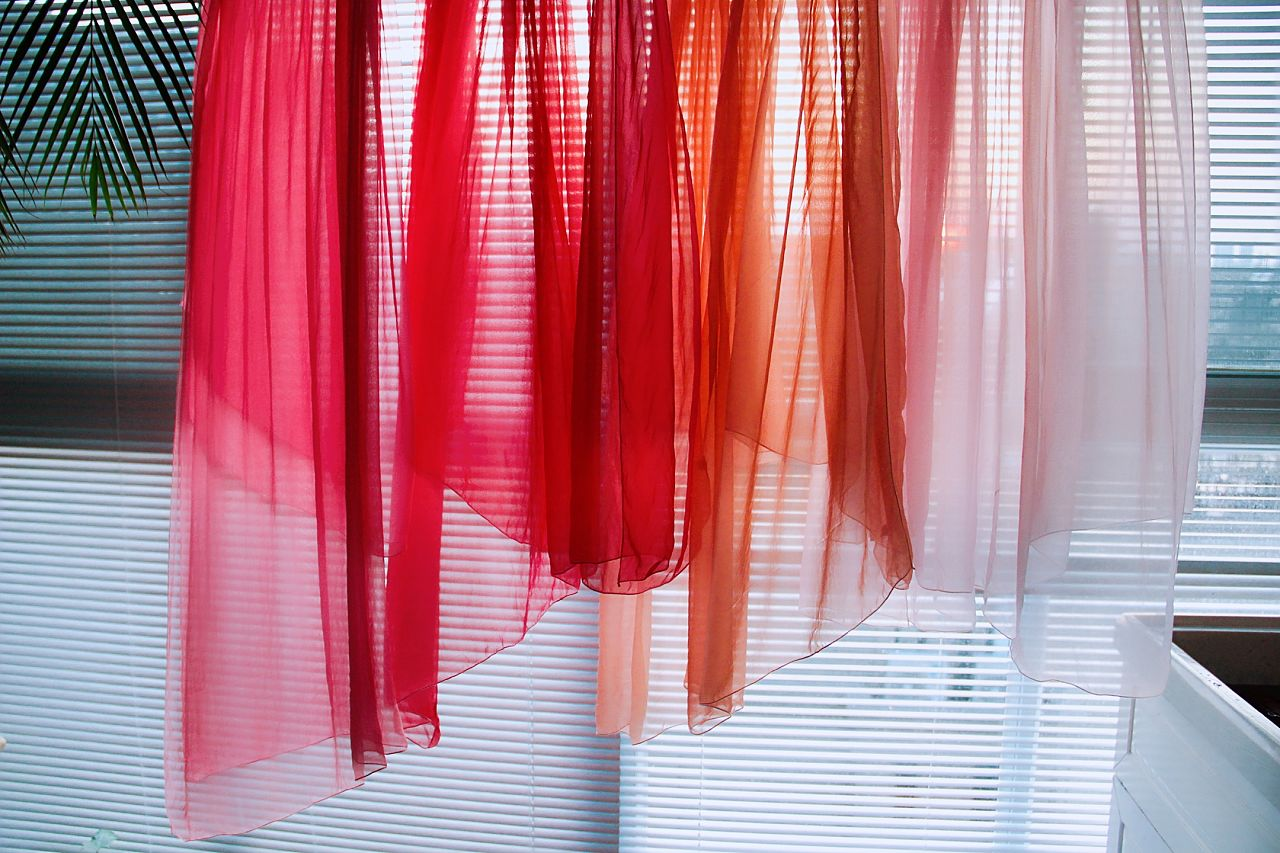
7. T: Polyester 涤纶
是日常生活中用的非常多的一种化纤服装面料。其最大的优点是抗皱性和保形性很好。
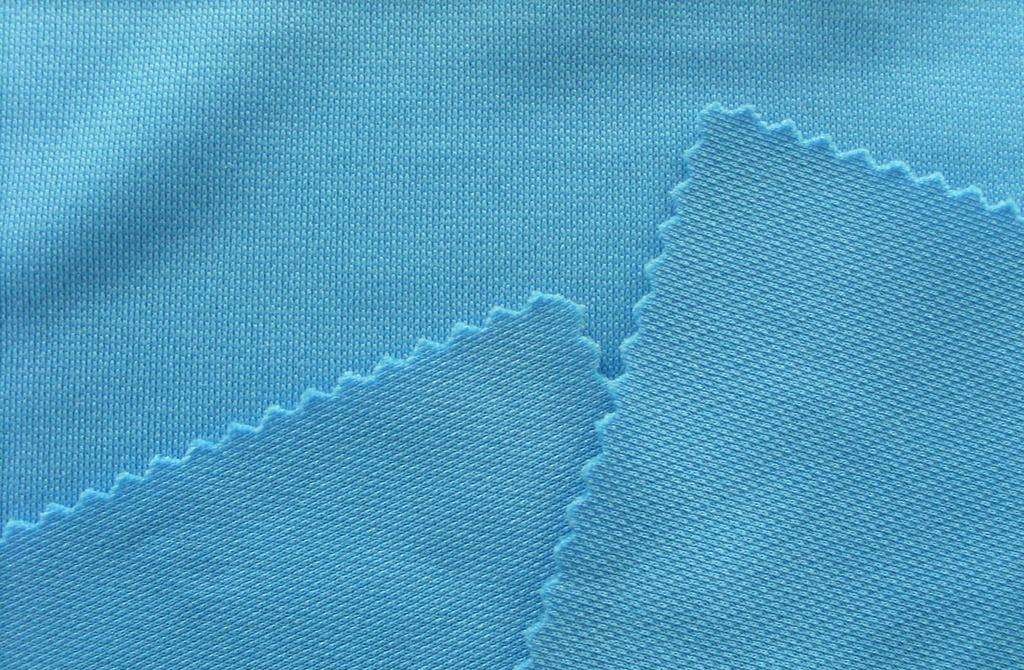
8. N:Nylon 锦纶
翻译名称耐纶、尼龙,学名为polyamide fibre聚酰氨纤维,是中国所产聚酰胺类纤维的统称。
